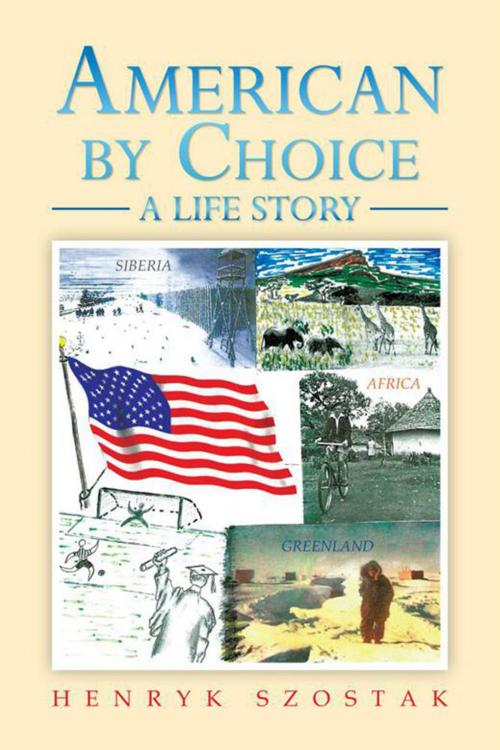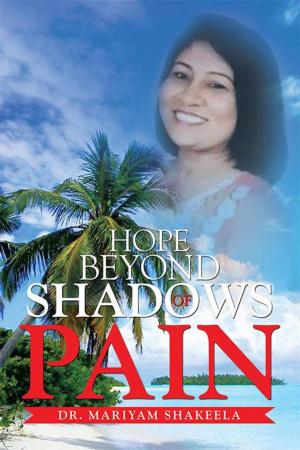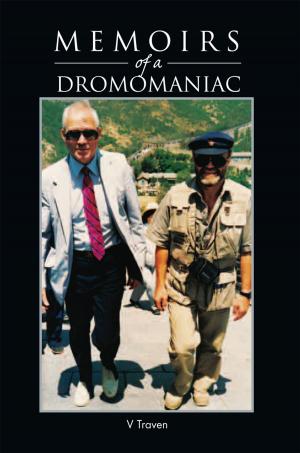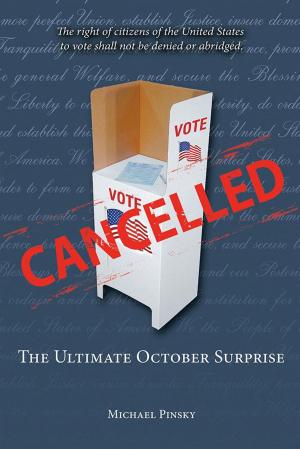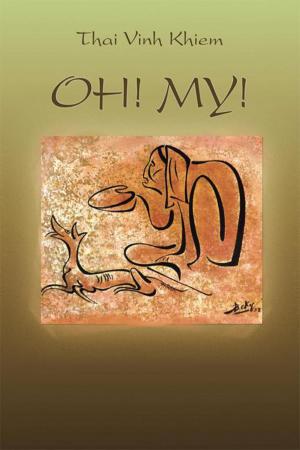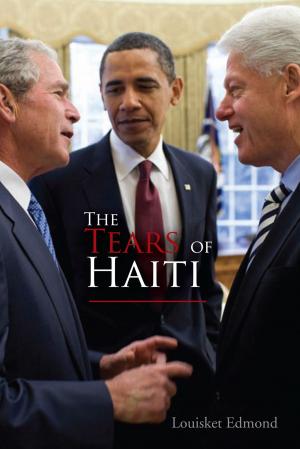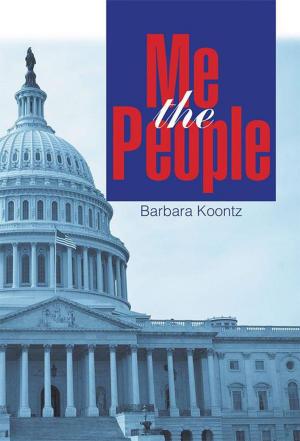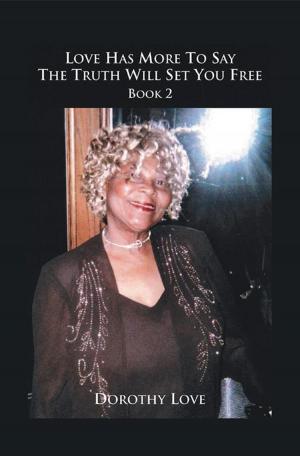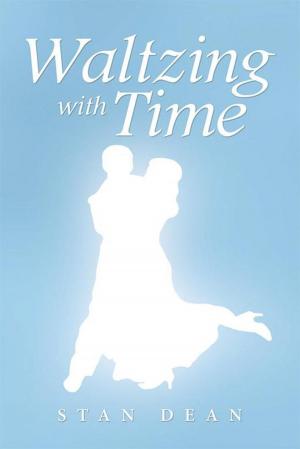| Author: | Henryk Szostak | ISBN: | 9781483665894 |
| Publisher: | Xlibris US | Publication: | July 17, 2013 |
| Imprint: | Xlibris US | Language: | English |
| Author: | Henryk Szostak |
| ISBN: | 9781483665894 |
| Publisher: | Xlibris US |
| Publication: | July 17, 2013 |
| Imprint: | Xlibris US |
| Language: | English |
The book American by Choice is the true story of Henryk Szostak and his familys odyssey from Poland to Siberia, Africa, England and finally, the United States of America. It chronicles how Henryk, as a seven-year-old boy in Africa, learned of the United States of America from an unlikely source: newspaper comics. He was highly moved by the tale of an honest black American shoeshine boy and for fifteen years, Henryk nurtured the dream of becoming a citizen of the land of the free. The book, written in narrative form in Henryks own words, is an autobiography of his familys journey, but also serves as a testament to what humans can endure and overcome by sheer survival instinct, faith and a little luck. The hardships they endured at a guarded labor camp in Siberia, and the difficulties, starvation and suffering they experienced during their passage through Russia and Uzbekistan need to be shared with all future generations. Henryks story begins in the area southeast of Warsaw, where his ancestors had lived for centuries on a small land estate. In addition to Henryks obvious Polish heritage, some Dutch ancestors crept into the family tree during the 1800s. In the late 1920s, Henryks parents moved east to Belarus territory, to an area that was deeded to Poland by the Versailles Treaty after the First World War. His parents bought land in the village of Dabrowa where they worked hard as pioneers creating a small, thriving estate. The future looked promising for the young family of five, but everything came to a sudden halt when Hitlers Nazis invaded Poland in September of 1939 and World War II began. Local Belarusians rebelled against the Poles and ruthlessly massacred many. Russian communists arrived in the spring of 1940 and ended the atrocities, but forcibly deported the Szostaks and multitudes of other Eastern European families to Siberia. Their only crime was that they owned land, were educated, or were leaders in their communities. On the night the Szostaks were driven from their home, the Bolshevik Russians gave the family two hours to gather some basic possessions, but did not tell the family where they were being sent. Henryks mother was pregnant at that time, so when one of the young Bolsheviks, moved by her condition, pointed to a down quilt, she surmised that the journey would be to the north. No money or jewelry was allowed, just the basic necessities and whatever food they were able to gather. The family was then loaded onto a horse-drawn sleigh and taken to a rail depot. Completely traumatized, they were forced onto a cattle train bound for northern Russia. During the slow and tortuous journey north, with no heat in the primitive rail cars and minimal food, many succumbed to sicknesses and died along the way. After weeks of travel, the deportees were delivered to a guarded stockade at Archangelsk, a labor camp where people, as virtual prisoners, endured unthinkable hardships, bitter Siberian winters and mosquito-infested summers. The conditions were horrible. Overcrowding, primitive living facilities, lack of food and rampant diseases all contributed to misery and death in the camp. In this dreadful environment, Henryks sister Mary was born. People just existed, with no hope for the future. In mid-June of 1942, a miraculous thing happened when Hitlers Nazis attacked Russia. Soviet Russia became allied with the west, and the exile Polish government in London negotiated a deal with the Russian dictator Stalin to free the deportees. A major turnaround occurred when the Poles offered to form an army in Uzbekistan, as long as it was under British command. Stalin reluctantly agreed to the plan, and declared an amnesty that allowed the dependants of Polish soldiers to leave the country. Euphoria erupted among the Polish deportees throughout Siberia. Men flocked to Archangelsk from the surrounding areas, as this was one of the major rallying points for t
The book American by Choice is the true story of Henryk Szostak and his familys odyssey from Poland to Siberia, Africa, England and finally, the United States of America. It chronicles how Henryk, as a seven-year-old boy in Africa, learned of the United States of America from an unlikely source: newspaper comics. He was highly moved by the tale of an honest black American shoeshine boy and for fifteen years, Henryk nurtured the dream of becoming a citizen of the land of the free. The book, written in narrative form in Henryks own words, is an autobiography of his familys journey, but also serves as a testament to what humans can endure and overcome by sheer survival instinct, faith and a little luck. The hardships they endured at a guarded labor camp in Siberia, and the difficulties, starvation and suffering they experienced during their passage through Russia and Uzbekistan need to be shared with all future generations. Henryks story begins in the area southeast of Warsaw, where his ancestors had lived for centuries on a small land estate. In addition to Henryks obvious Polish heritage, some Dutch ancestors crept into the family tree during the 1800s. In the late 1920s, Henryks parents moved east to Belarus territory, to an area that was deeded to Poland by the Versailles Treaty after the First World War. His parents bought land in the village of Dabrowa where they worked hard as pioneers creating a small, thriving estate. The future looked promising for the young family of five, but everything came to a sudden halt when Hitlers Nazis invaded Poland in September of 1939 and World War II began. Local Belarusians rebelled against the Poles and ruthlessly massacred many. Russian communists arrived in the spring of 1940 and ended the atrocities, but forcibly deported the Szostaks and multitudes of other Eastern European families to Siberia. Their only crime was that they owned land, were educated, or were leaders in their communities. On the night the Szostaks were driven from their home, the Bolshevik Russians gave the family two hours to gather some basic possessions, but did not tell the family where they were being sent. Henryks mother was pregnant at that time, so when one of the young Bolsheviks, moved by her condition, pointed to a down quilt, she surmised that the journey would be to the north. No money or jewelry was allowed, just the basic necessities and whatever food they were able to gather. The family was then loaded onto a horse-drawn sleigh and taken to a rail depot. Completely traumatized, they were forced onto a cattle train bound for northern Russia. During the slow and tortuous journey north, with no heat in the primitive rail cars and minimal food, many succumbed to sicknesses and died along the way. After weeks of travel, the deportees were delivered to a guarded stockade at Archangelsk, a labor camp where people, as virtual prisoners, endured unthinkable hardships, bitter Siberian winters and mosquito-infested summers. The conditions were horrible. Overcrowding, primitive living facilities, lack of food and rampant diseases all contributed to misery and death in the camp. In this dreadful environment, Henryks sister Mary was born. People just existed, with no hope for the future. In mid-June of 1942, a miraculous thing happened when Hitlers Nazis attacked Russia. Soviet Russia became allied with the west, and the exile Polish government in London negotiated a deal with the Russian dictator Stalin to free the deportees. A major turnaround occurred when the Poles offered to form an army in Uzbekistan, as long as it was under British command. Stalin reluctantly agreed to the plan, and declared an amnesty that allowed the dependants of Polish soldiers to leave the country. Euphoria erupted among the Polish deportees throughout Siberia. Men flocked to Archangelsk from the surrounding areas, as this was one of the major rallying points for t
